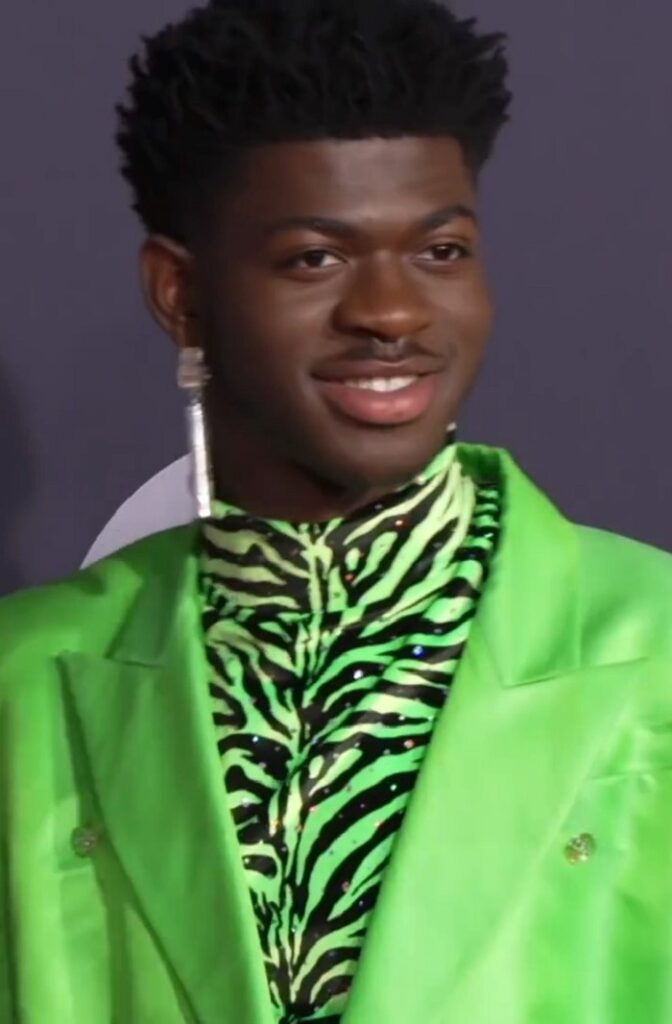June celebrations are myriad and interesting, with lots of opportunities for discovery and learning. This month, we celebrate both African American Music Appreciation Month and LGBTQ Pride Month. African American LGBTQ musicians have contributed some of the most recognizable songs in American history, as well as serving as examples of successful artists who in many cases lived their truths openly. Here, we profile a handful of artists spanning over 100 years of recorded music.

Gertrude “Ma” Rainey
Ma Rainey was born in 1886 with the full name of Gertrude Melissa Nix Pridgett, likely in Columbus, Georgia. Her potent version of the blues was confrontational and influential, and she worked with some of the most famous artists of her (and any other) day, including Bessie Smith, Thomas Dorsey and Louis Armstrong. Openly bisexual, she recorded material that addressed her sexuality, including “Prove it on Me Blues,” which is about a tryst between two women gone wrong. In the lyrics, it is clear than one of the women (the narrator) may also be a male impersonator or dress in male drag. In addition to her subject matter, which also included alcoholism and domestic abuse, she wrote roughly 1/3 of her songs, making her unique among female artists of the time. The 2020 Oscar nominated Netflix film Ma Rainey’s Black Bottom has renewed interest in Rainey and her work, although music critics have been fans for decades. She was inducted into the Rock and Roll Hall of Fame in 1990.

Esquerita
Although mostly forgotten today, Esquerita’s work and stage persona was the template for early LGBTQ rock and rollers, particularly Little Richard. Born Eskew Reeder (or S. Q. Reeder; accounts vary) in 1938, he was performing in drag clubs in the late 1940s and early 1950’s mostly in the southern United States. It is likely he met Little Richard no later than 1953, and he served as mentor to the Georgian piano player. Richard earned a recording contract first, with Specialty Records, and his first single “Tutti Frutti” established Richard’s career as one of the wildest, most inventive musicians of the entire rock era. Yet he owed his image and much of his technique to Reeder, who moved back to his hometown of Greenville, South Carolina by 1958. It was there he was discovered by a member of Gene Vincent and the Blue Caps and got his own recording contract, with Capitol Records. However, the fame that his protégé enjoyed eluded him, and he circulated in New York LGBTQ circles, both as Esquerita and under other pseudonyms. He died in 1986 of complications due to AIDS.

Tracy Chapman
While singer-songwriter music is generally associated with white artists, Tracy Chapman is a highly respected, Grammy-award winning black female songwriter steeped in guitar folk. Born in 1964, she released her self-titled debut in 1988 to massive acclaim. Her first hit, “Fast Car”, remains one of the most talked about singles featuring working class life, and has been suggested as a tool for teaching about class in schools. Although a notoriously private person, Chapman was involved in a long-term relationship with writer Alice Walker, best known as the author of The Color Purple. She continues to perform live, to the delight of her fans and critics.

Lil Nas X
Which artist performed the song which holds the record as the longest charting #1 Billboard hit? That would be Lil Nas X, who in 2019 scored with his first single, “Old Town Road” and held the top chart position for an astonishing 19 weeks. Born Montero Lamar Hill, the 22 year old rap crossover artist pushes the edges of both music and video with his works, occasionally courting controversy. His second single, “Montero (Call Me By Your Name)”, is an explicit reckoning with himself as an out gay man, along with a refutation of religious-oriented myths regarding LGBT people. He has also participated in a video with All Def Music, which features children and young adults as interviewers, discussing what it means to come out, talking about his work and chatting about other music figures. Overall, his body of work to date is compelling, challenging and visually innovative, and he stands to have a brilliant future in the field of popular music.
Want to learn more about any of the artists profiled? Wondering about other LGBTQ African American artists? Interested in discovering more about our databases? Ask us! iueref@iue.edu or click this button:


